International Association for Translation and Intercultural Studies
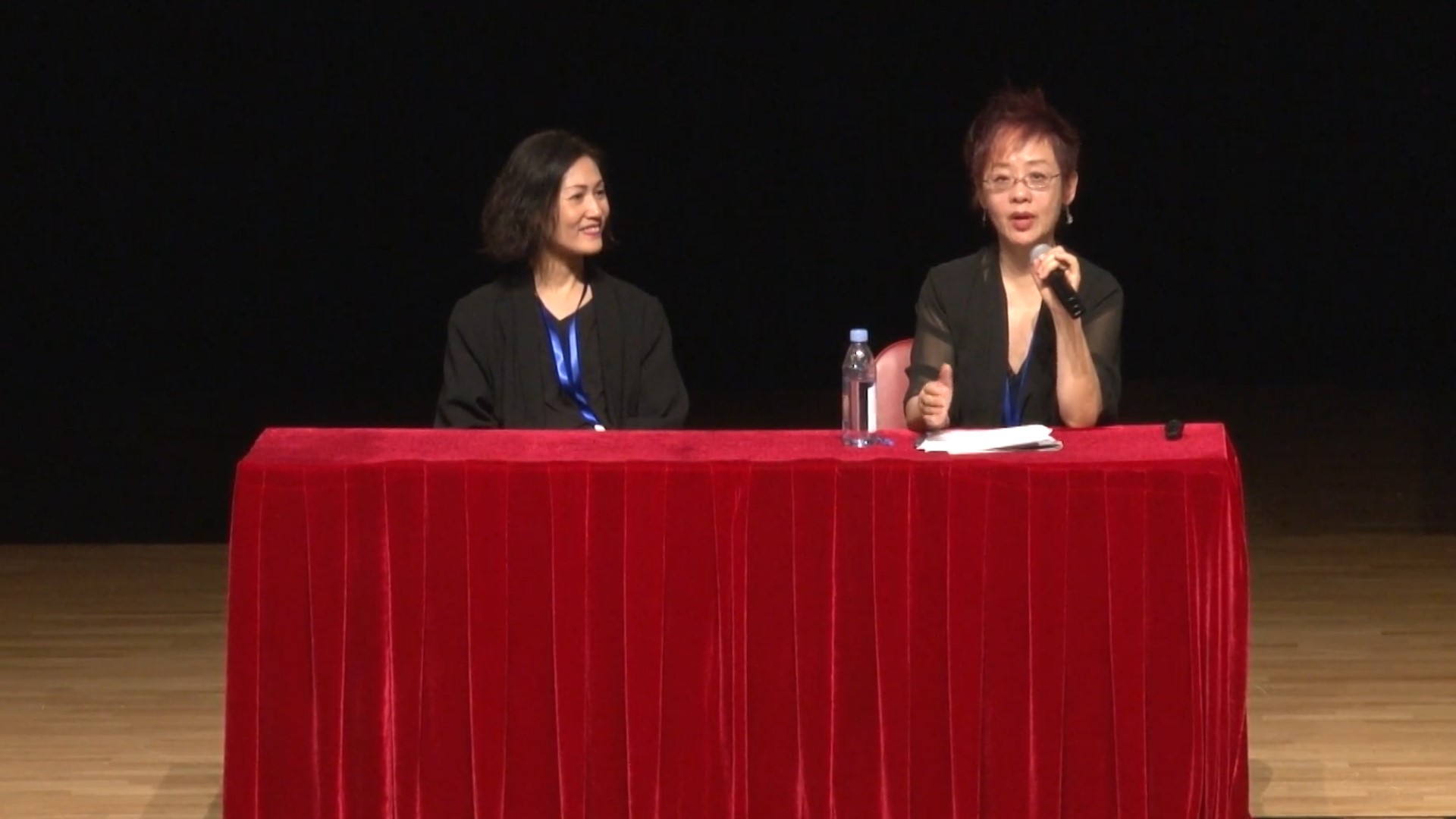
Inaugurating Translations
2018 | 84 mins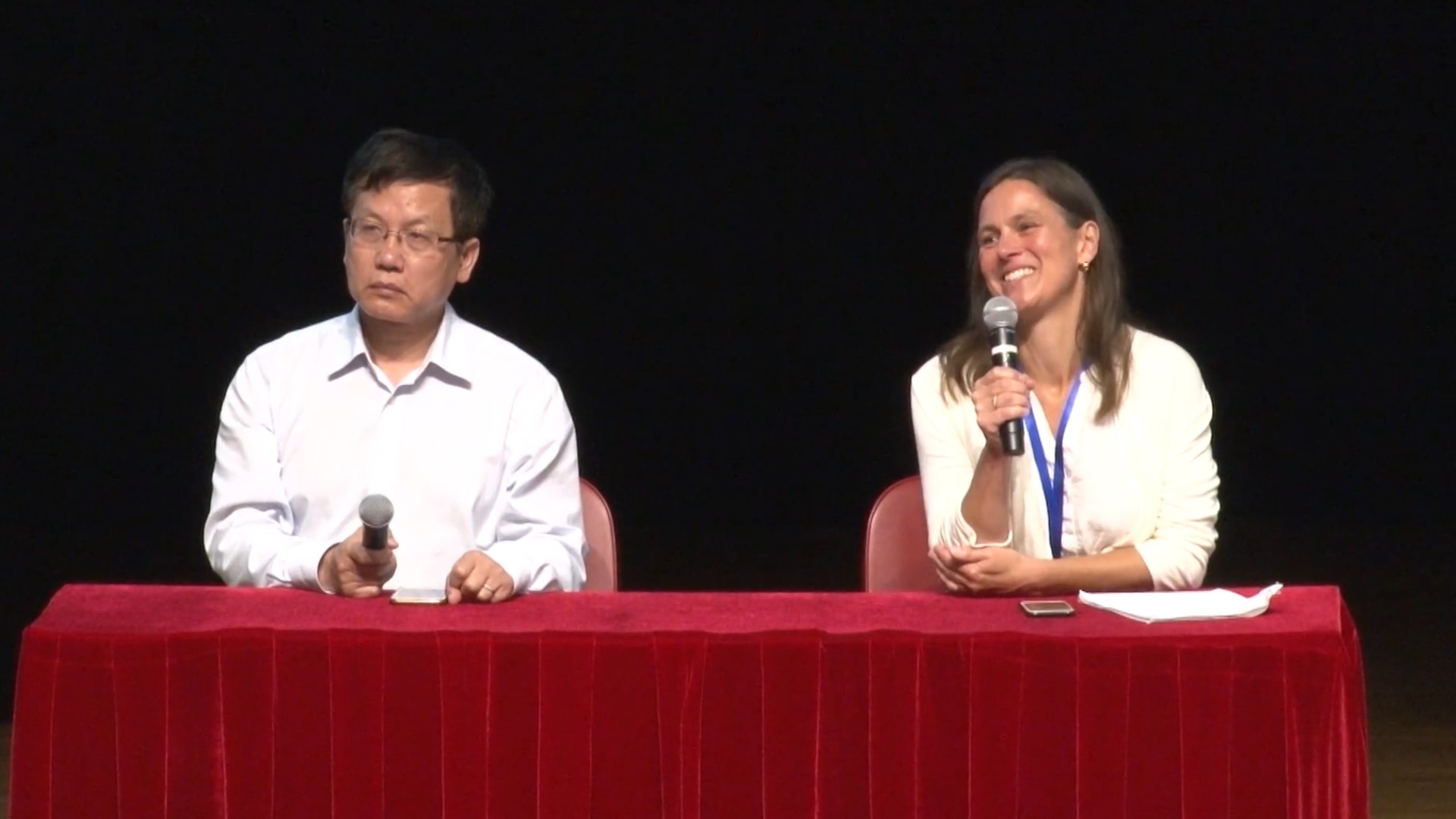
Cultural Encounters Revisited. The Need of Community Interpreting in Times of Global Migration
2018 | 90 mins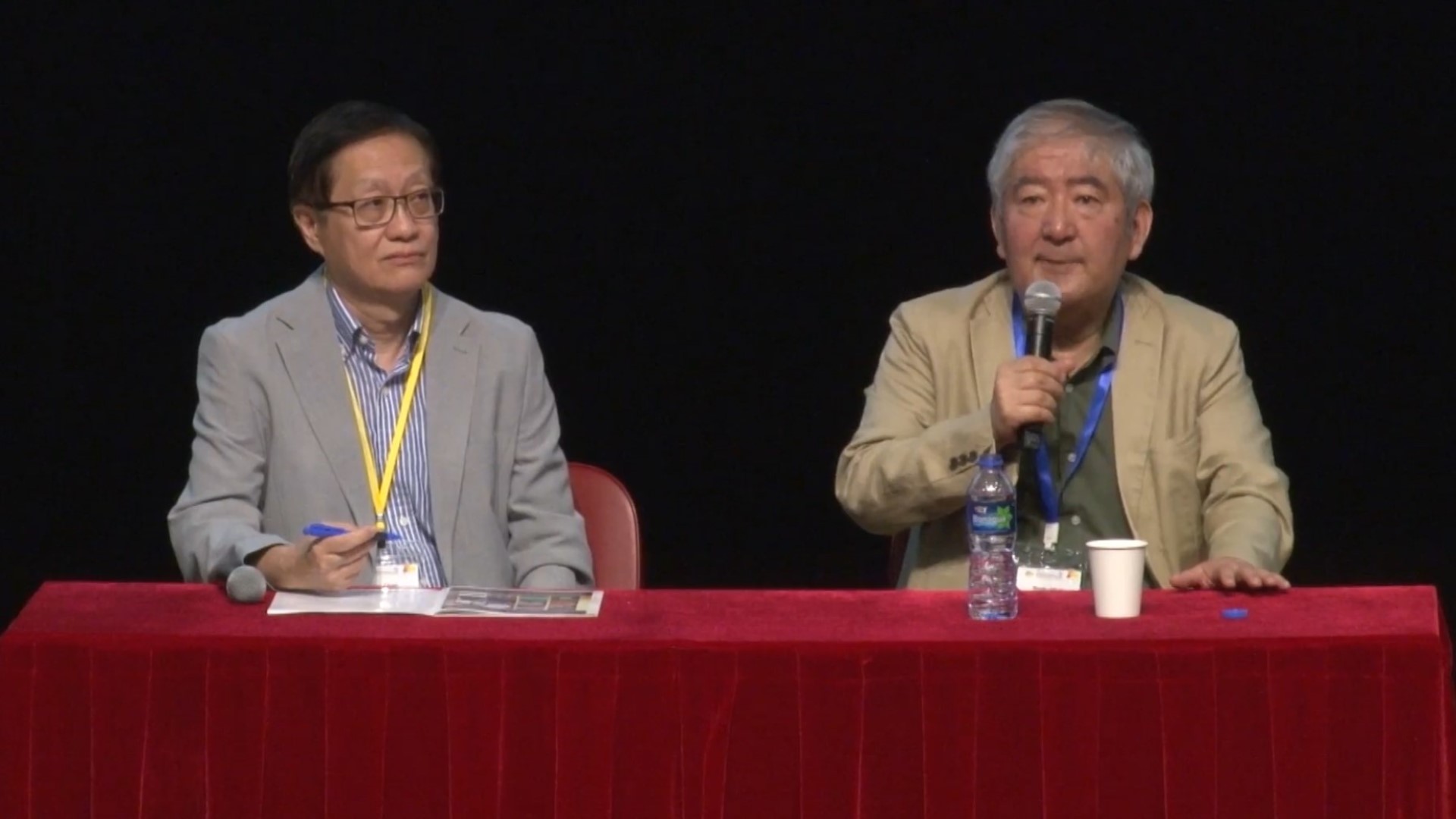
Translation and History - On Modernity in Translation
2018 | 94 mins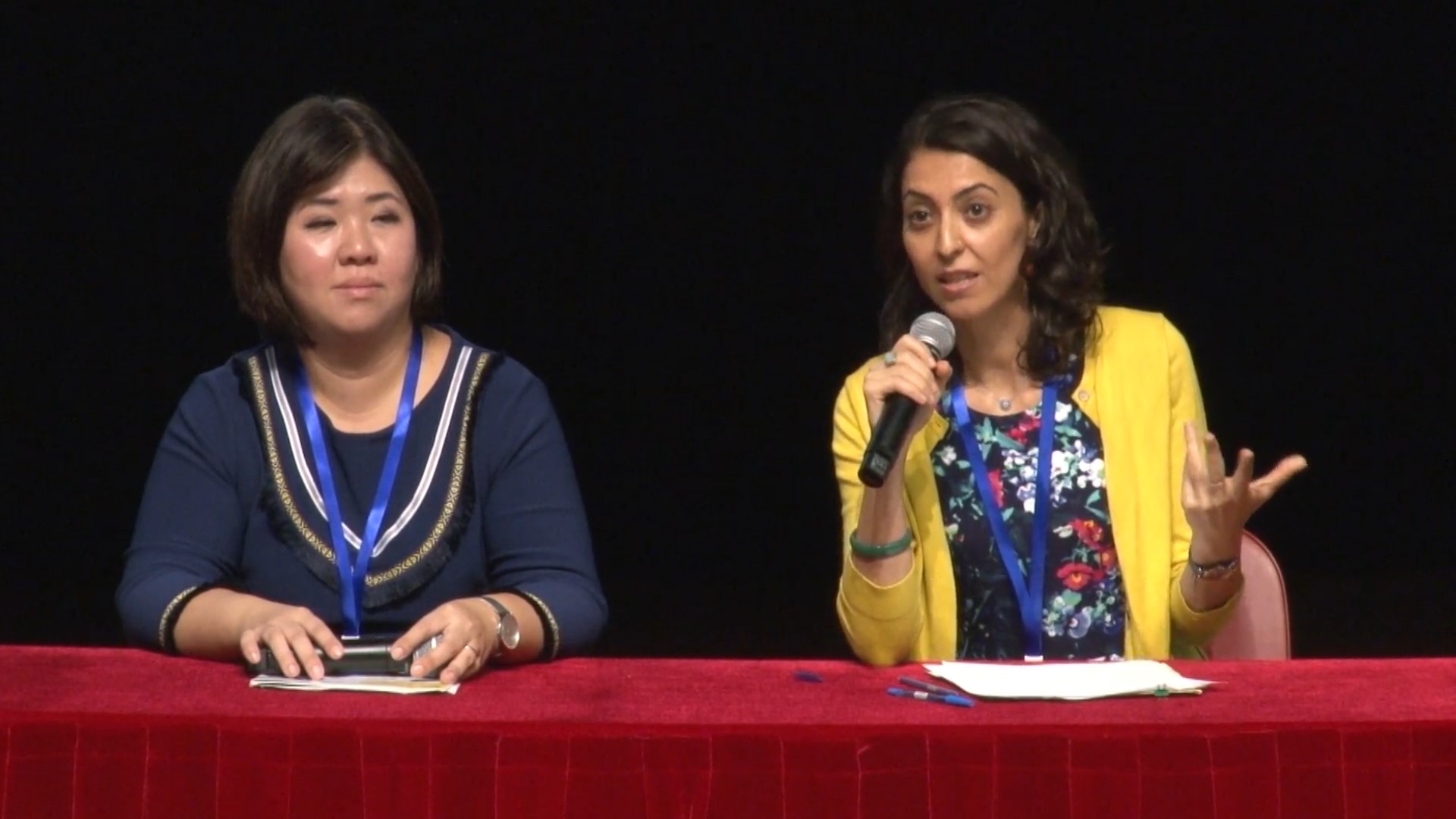
Virgin on the Move: Reconfiguring Transnational Feminist Solidarity in Translation
2018 | 89 mins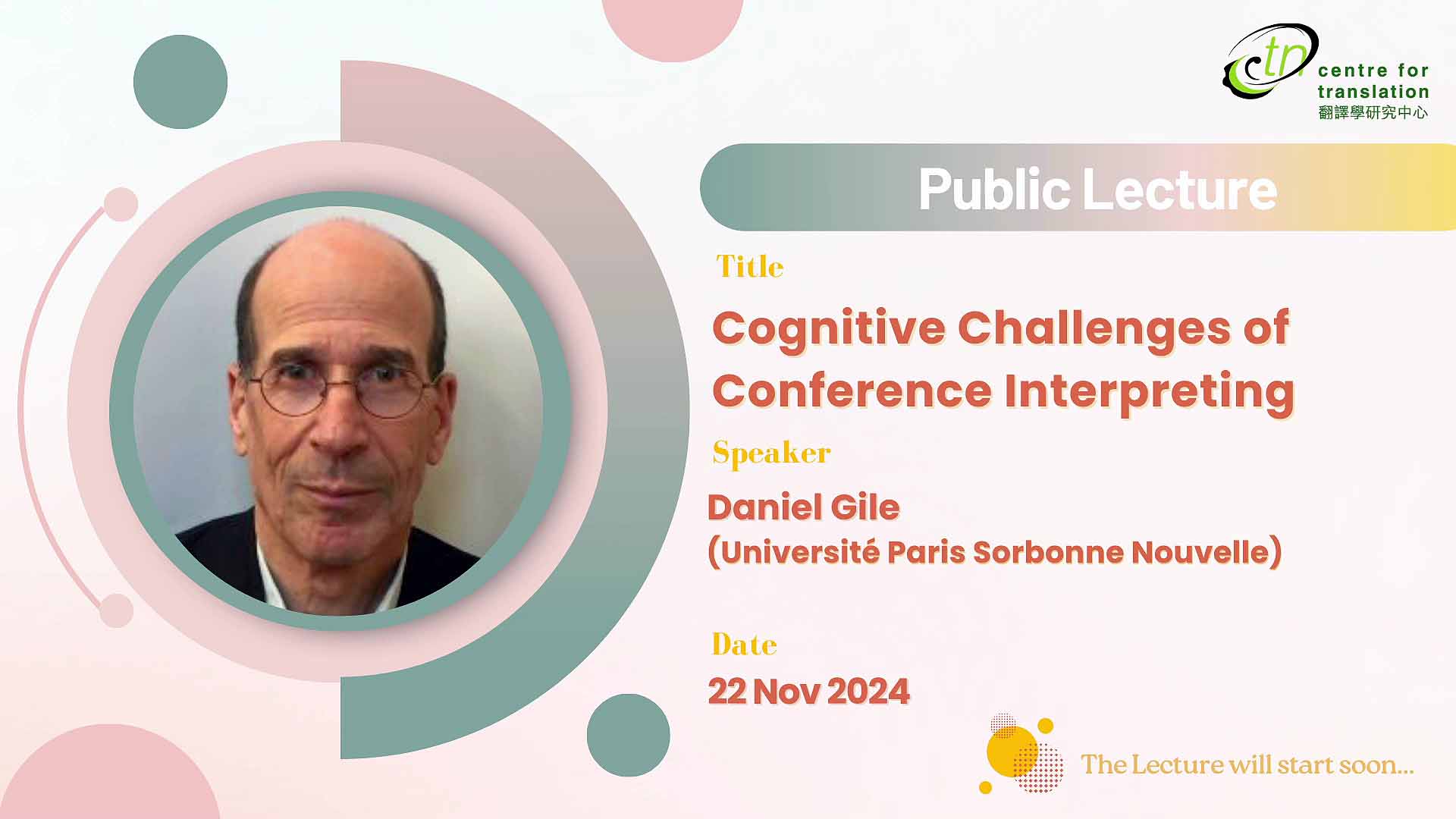
Cognitive Challenges of Conference Interpreting
2024 | 118 mins
Tom, Dick and Harry as Well as Fido and Puss in Boots are Translators: The Implications of Biosemiotics for Translation Studies
2024 | 86 mins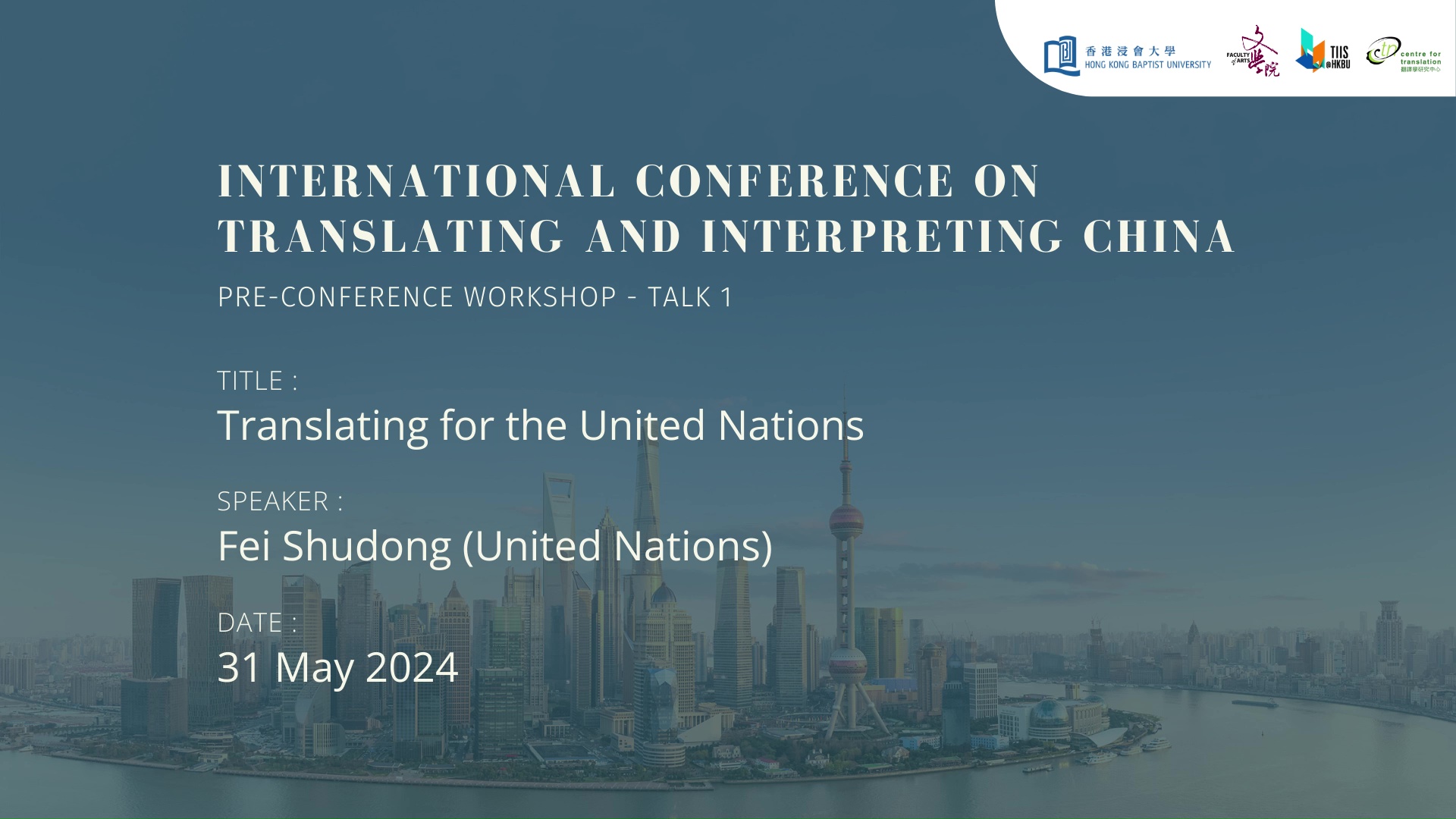
Translating for the United Nations
2024 | 28 mins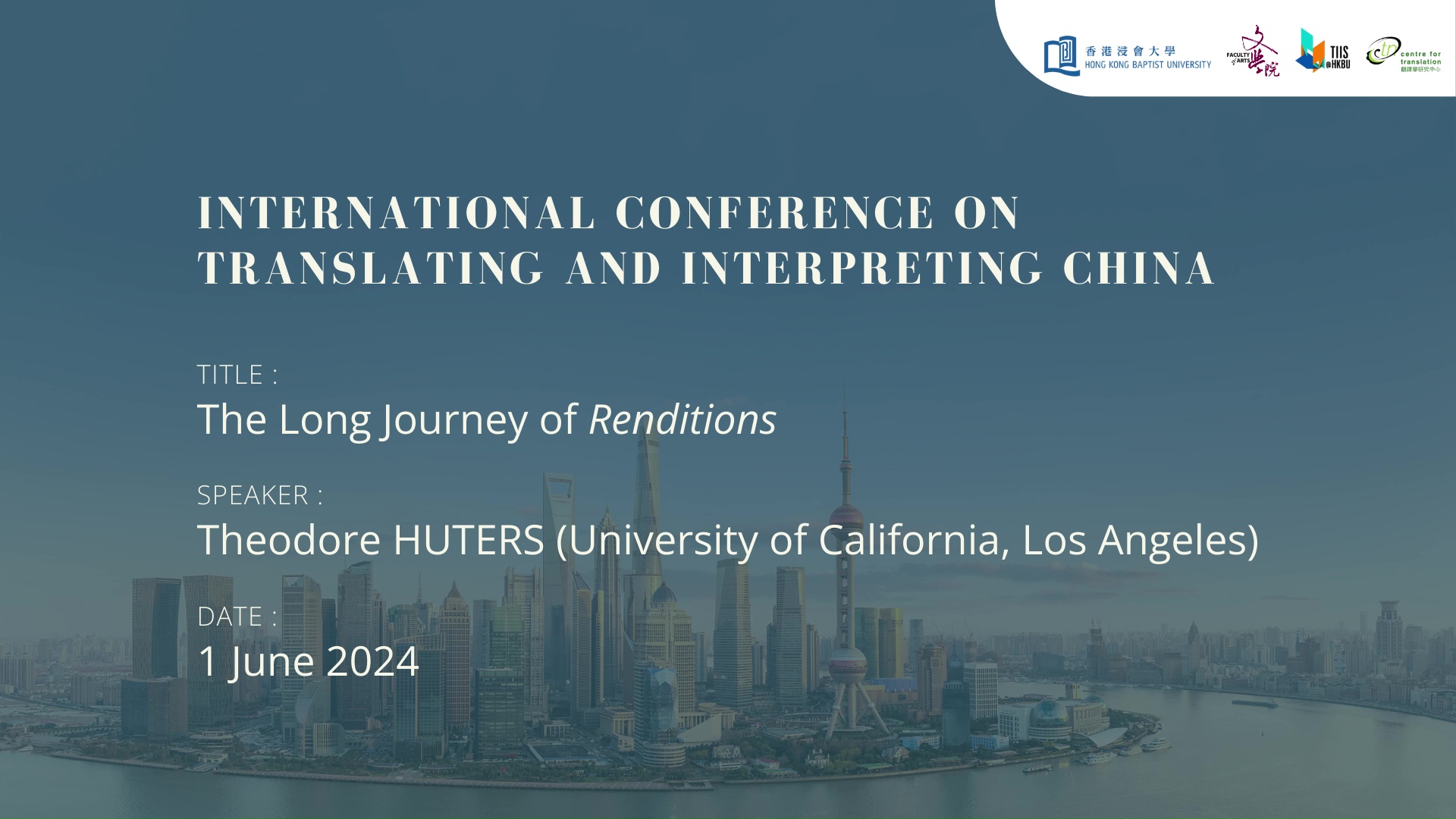
The Long Journey of Renditions
2024 | 25 mins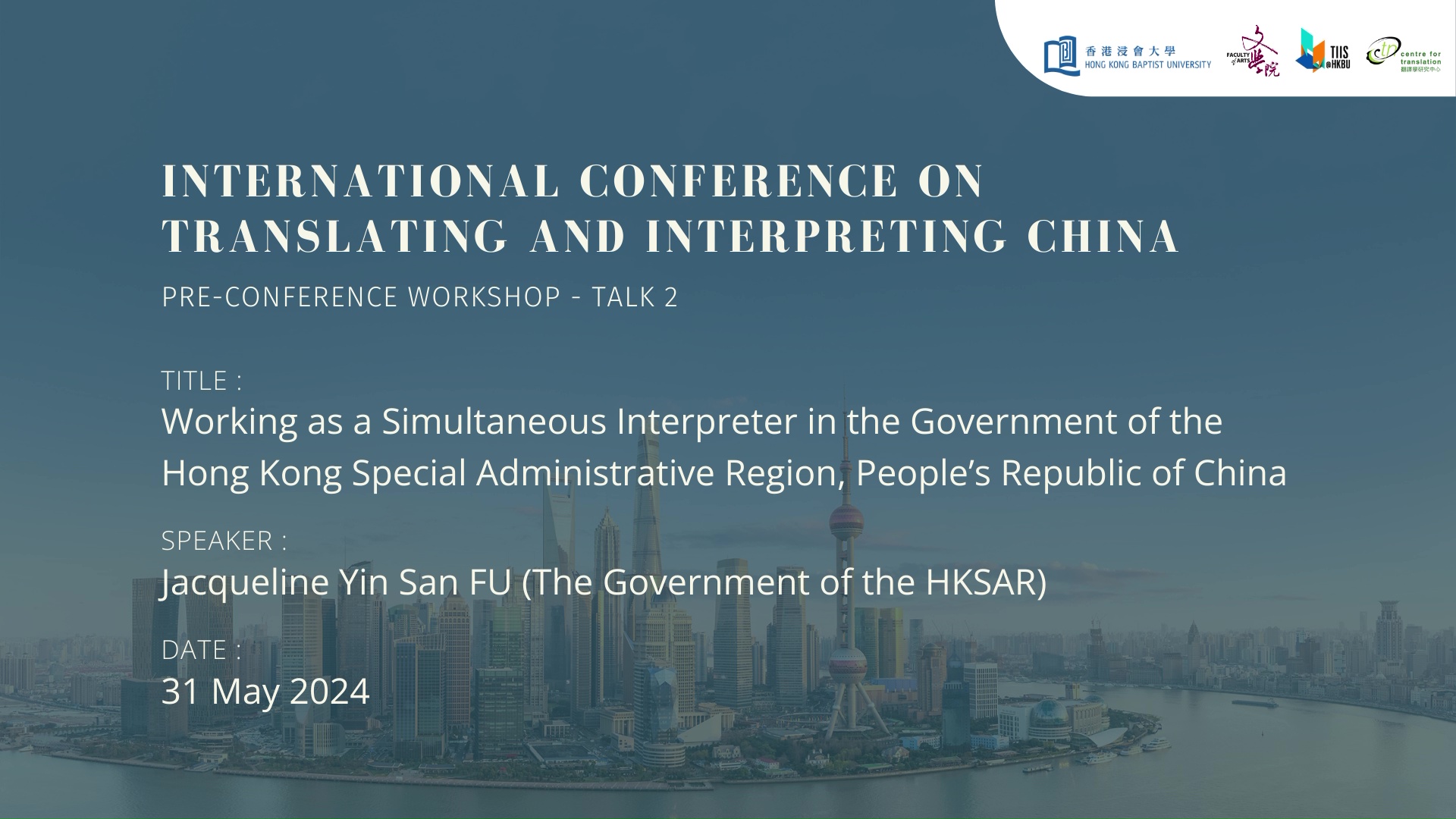
Working as a Simultaneous Interpreter in the Government of the Hong Kong Special Administrative Region, People's Republic of China
2024 | 36 mins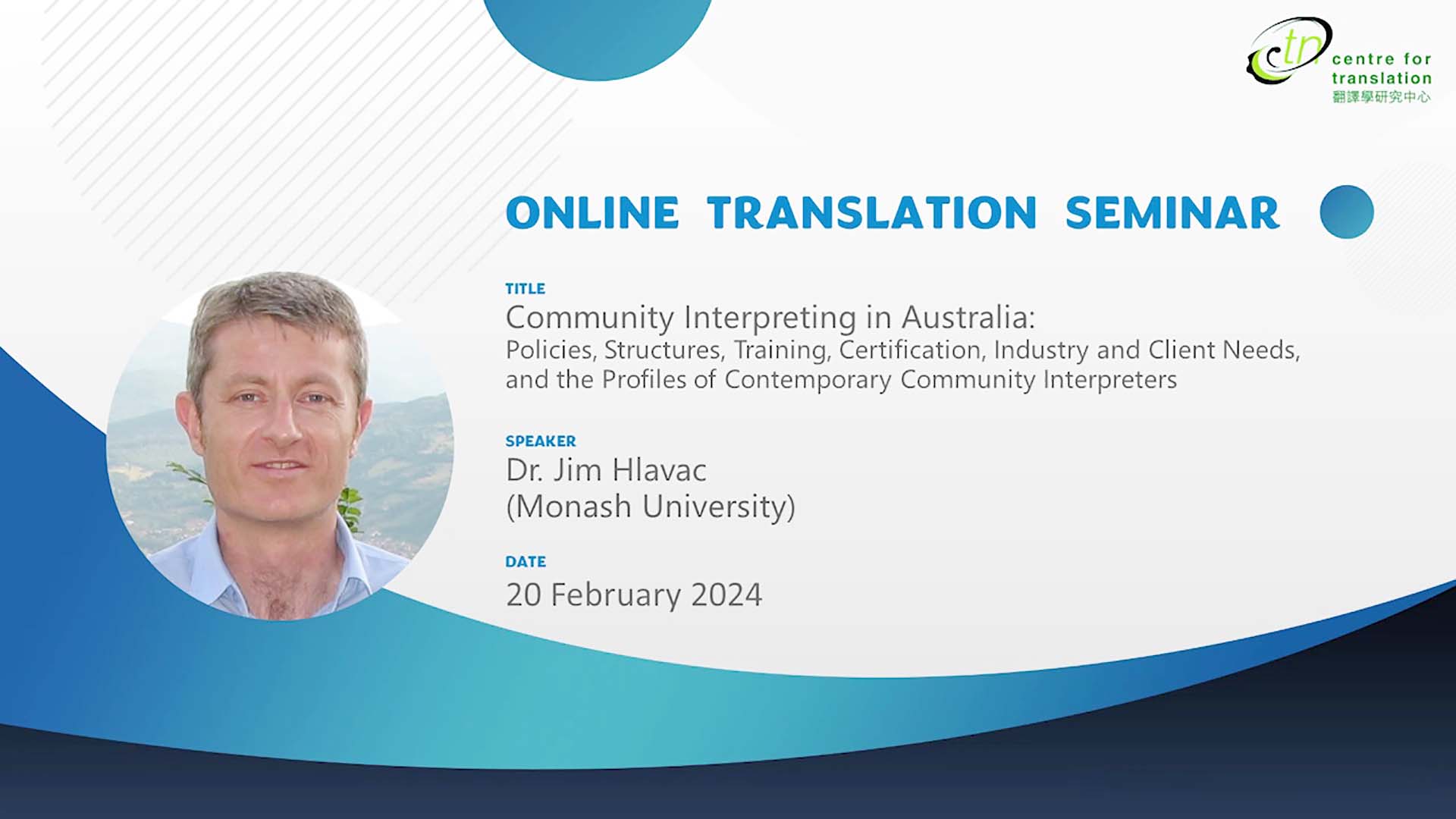
Community Interpreting in Australia: Policies, Structures, Training, Certification, Industry and Client Needs, and the Profiles of Contemporary Community Interpreters
2024 | 117 mins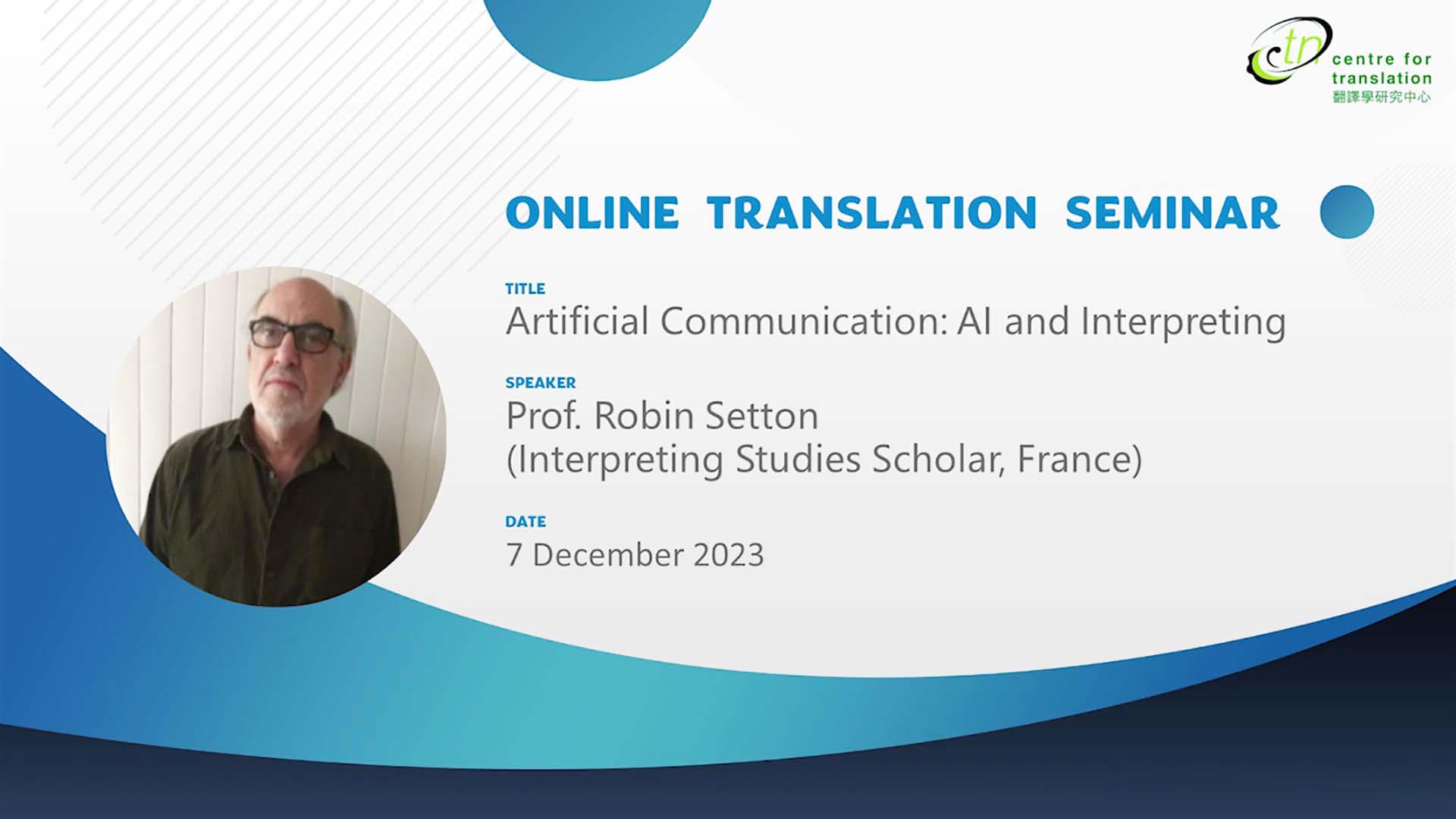
Artificial Communication: AI and Interpreting
2023 | 124 mins
My Appointment with Onegin: Charles Johnston, Douglas Hofstadter and Stanley Mitchell
2023 | 60 mins
Artificial Intelligence and Financial Translation
2023 | 121 mins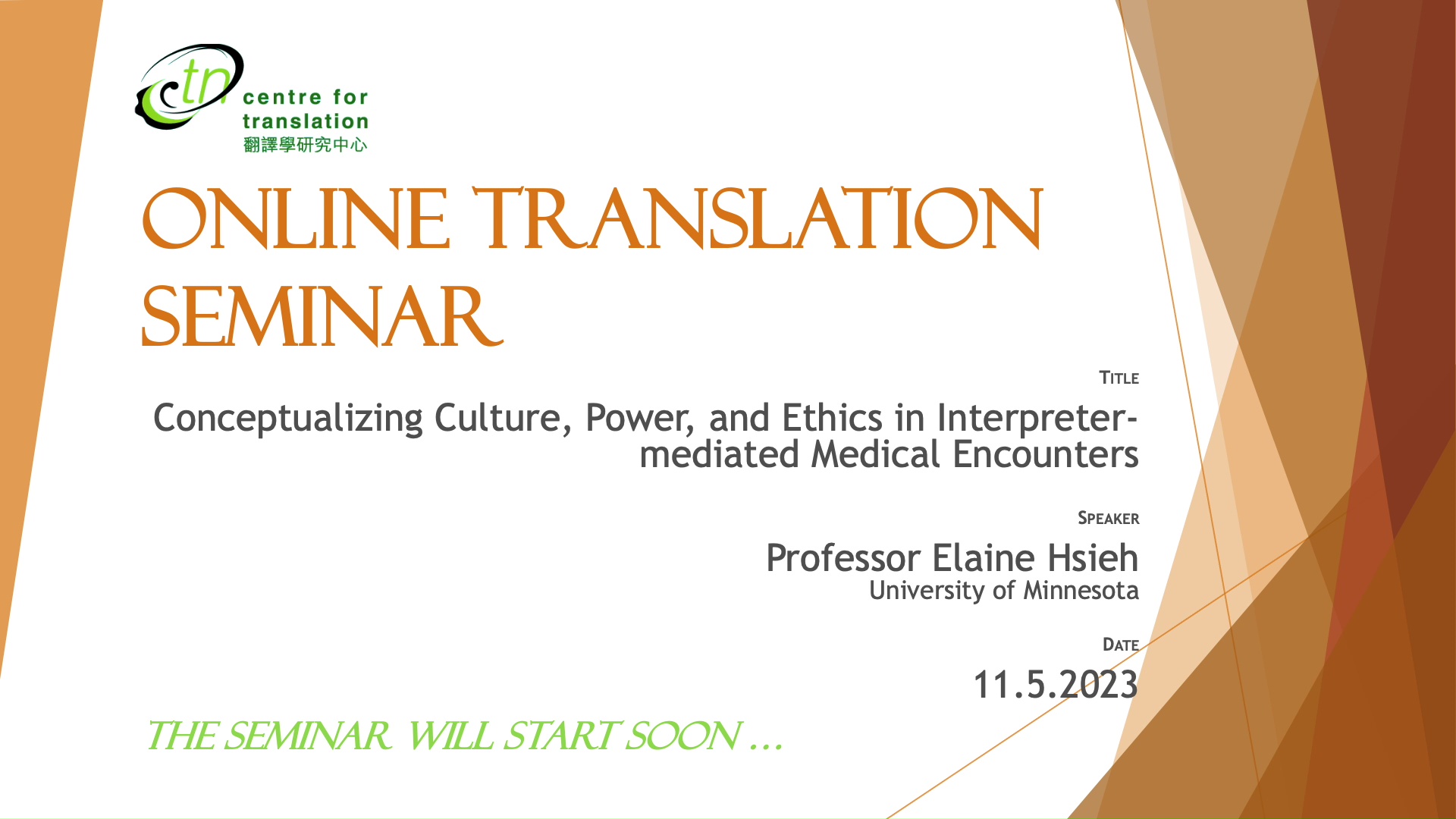
Conceptualizing Culture, Power, and Ethics in Interpreter-mediated Medical Encounters
2023 | 119 mins






